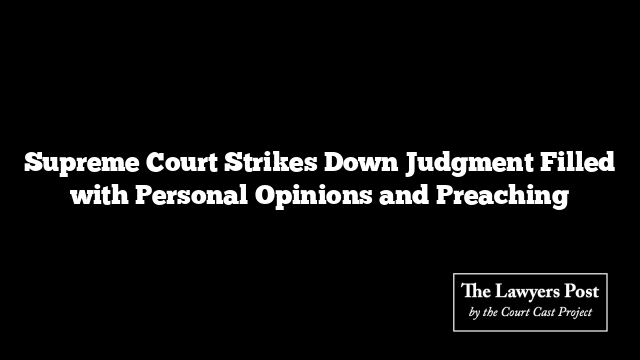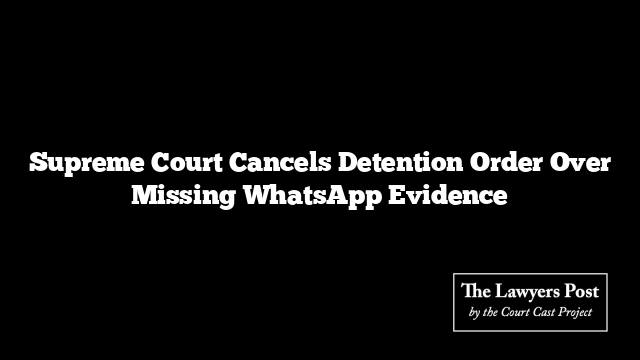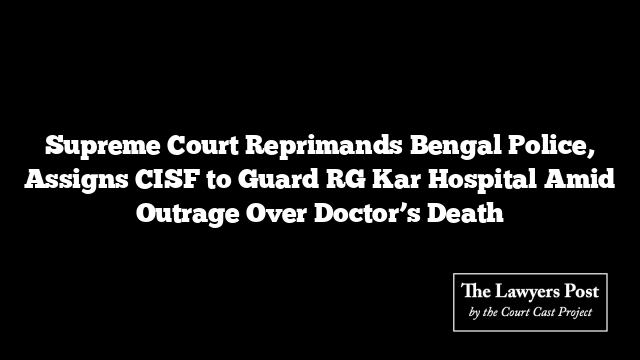In a sharp rebuke, the Supreme Court has overturned an October 2023 judgment from the Calcutta High Court, criticizing it for straying far beyond judicial boundaries by including personal opinions and unsolicited advice. The ruling was made by a bench comprising Justices Abhay S Oka and Ujjal Bhuyan in a suo moto case titled “In Re: Right to Privacy of Adolescents.”
The Calcutta High Court had previously made controversial remarks on adolescent sexual behavior while overturning the conviction of a 25-year-old man under the Protection of Children from Sexual Offences Act (POCSO). The High Court’s judgment was heavily criticized for its moralizing tone, which the Supreme Court found “utterly irrelevant” and “shocking.”
The Supreme Court emphasized that a judge’s duty is to decide cases based on law and evidence, not to preach or impose personal viewpoints. “A judgment of the Court cannot contain the Judge’s personal opinions on various subjects,” the bench stated, further underscoring that a judgment must be concise, clear, and devoid of unnecessary material. The Court remarked that brevity and simplicity are the hallmarks of a quality judgment.
The Supreme Court also outlined the essentials that should be present in any appellate court judgment, including a concise statement of facts, the nature of evidence presented by both sides, the arguments made by the parties, a reappraisal of the evidence, and clear reasons for the final decision. The Court stressed that judgments should be written in simple language, ensuring that all parties involved understand the reasoning behind the verdict.
The case in question revolved around the Calcutta High Court’s decision to overturn the conviction of a man who had been sentenced to 20 years in prison under the POCSO Act for kidnapping and aggravated sexual assault. The High Court had questioned the automatic criminalization of consensual sexual behavior among older adolescents and criticized the lack of provisions in the POCSO Act to address consensual relationships between 16-18-year-olds.
The Supreme Court took issue with the High Court’s moral guidelines directed at adolescents, which included advice on controlling sexual urges and protecting dignity. The apex court found these remarks to be not only unnecessary but also “highly objectionable” and “completely unwarranted,” as they encroached upon the rights of adolescents under the Constitution. The Supreme Court’s decision serves as a reminder that judges must focus on the law and evidence before them, leaving personal beliefs out of their rulings.





